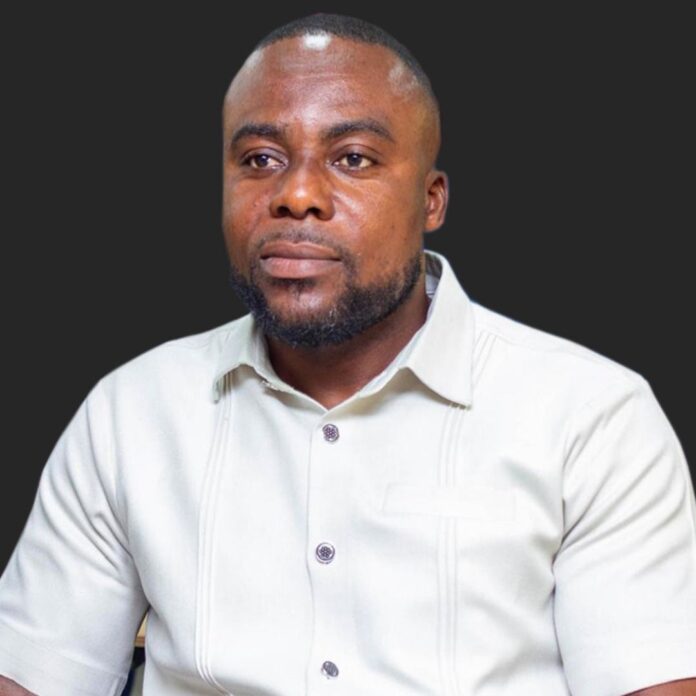On 6th August 2025, tragedy struck the nation when an Air Force helicopter crashed into the thick forests of Adansi Brofoyedur in the Obuasi Municipality of the Ashanti Region.
All eight passengers on board, including Ghana’s Minister for Defence and the Minister for Environment, Science and Technology, perished instantly. The President, visibly shaken, declared a three-day national mourning and ordered a full-scale forensic investigation into the cause of the disaster.
Yet, in the wake of this national calamity, the conduct of certain sections of our society revealed a worrying erosion of core Ghanaian values. Villagers at the crash site were seen scavenging for items instead of assisting security agencies.
Television screens beamed disturbing images of charred remains into our homes. Social media teemed with unverified conspiracy theories, while self-styled prophets rushed to publicise doom-laden prophecies. Political party loyalists traded accusations before the victims had even been laid to rest.
This is not the Ghanaian way. Historically, Ghanaian society is anchored in deep respect for the dead, empathy for the bereaved, and solidarity during collective grief. In Akan tradition, it is a cherished value that one speaks well of those who have passed, preserving their dignity. The rush to desecrate crash sites, publicise gory images, fabricate political conspiracies, or trumpet self-serving prophecies contradicts our moral fabric.
The tragedy of August 6 carries an even deeper sting when one considers the mission that brought the eight aboard the ill-fated helicopter — they were attending an anti-galamsey security workshop, determined to defend our lands and rivers from the scourge of illegal mining. Their deaths must not be in vain. The Presidency should, through an Executive Instrument, make galamsey and galamsey-related offences punishable by life imprisonment. This single decisive act would send an unmistakable signal that the nation values the lives lost in the fight against environmental destruction and that the full weight of the law will be brought to bear on those who poison our water bodies, strip our forests, and endanger the very future of Ghana.
Globally, nations that have endured air disasters and similar tragedies have adopted clear, enforceable norms. In Japan, survivors and victims’ families are shielded from intrusive media coverage. In the United States, scavenging at crash sites is a federal offence under the Protection of Remains Act. In Germany, publication of images that infringe the dignity of the dead is prosecutable. Ghana is at a crossroads and must follow suit.
What Parliament Must Do
As a matter of urgency, our respected parliamentarians must convene to draft bills and enact legislation to:
-
Criminalise scavenging at accident sites for material gain.
-
Ban the publication or broadcast of graphic images showing victims of accidents and disasters.
-
Prohibit the public declaration of doom prophecies directly linked to specific individuals, especially before formal investigations conclude.
-
Sanction the spread of conspiracy theories without evidence, especially during ongoing national investigations.
What Education and Civic Institutions Must Do
• The Ghana Education Service (GES) should review the basic school curriculum to expand the definition of “Who is a Ghanaian” to explicitly include ethical behaviour in times of disaster — highlighting actions that honour national dignity and those that dishonour it.
• The National Commission for Civic Education (NCCE) should be resourced and empowered to run sustained campaigns on why it is morally and socially unacceptable to degrade the dignity of the dead, peddle unverified rumours, or sensationalise grief for profit or political mileage.
As a nation, we must retrace our steps toward the true Ghanaian values — compassion, respect, and restraint. Honouring the dead is not only an act of cultural identity; it is a measure of our humanity. We owe it to the eight souls who perished in Adansi Brofoyedur, and to all who may one day face such tragedy, to restore the dignity that defines us as Ghanaians.
Let this tragedy not be remembered only for the lives it claimed, but also for the moment Ghana found its moral compass again. Parliament must act not in leisurely debate, but with the swiftness that honours their colleagues Dr. Ibrahim Murtala Mohammed and Dr. Edward Omane Boamah, and other servicemen who served our nation.
The media must rise above the lure of sensationalism and reclaim its role as the guardian of truth and decency. The public must turn away from the cheap thrill of gossip and the shame of scavenging, and instead embrace the nobility of compassion. The true Ghanaian spirit does not strip dignity from the dead — it shields it fiercely. If we fail to correct these creeping distortions of our values and the evil of acculturation now, we will not only dishonour the eight who fell in Adansi Brofoyedur, but also betray the soul of the nation they loved. Ghana must stand up, together, and prove to the world and to ourselves that in the face of grief, we are still a people of respect, discipline, and honour.
Source: Al-Hassan Kodwo Baidoo — An Educationist



